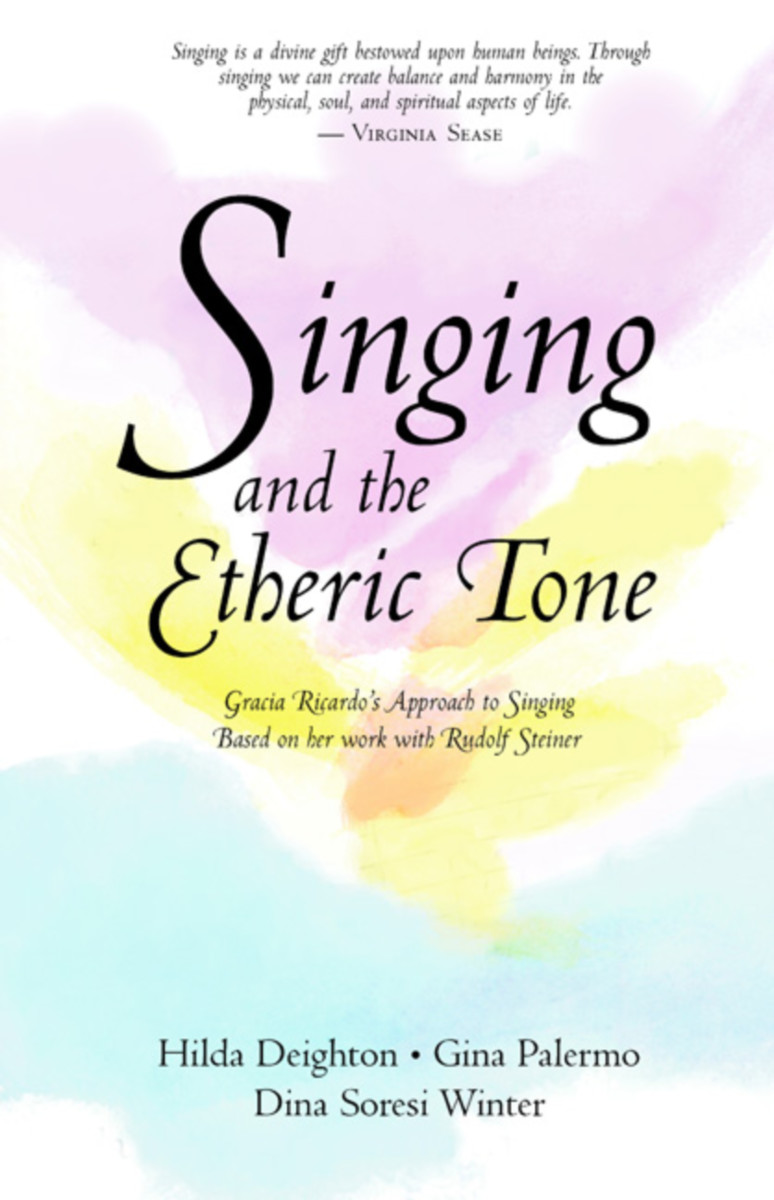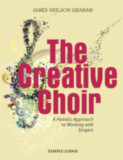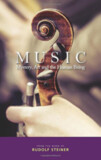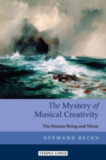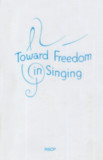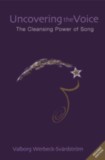Singing and the Etheric Tone
Gracia Ricardo's Approach to Singing, Based on Her Work with Rudolf Steiner
- Publisher
SteinerBooks - Published
13th July 1994 - ISBN 9780880103565
- Language English
- Pages 96 pp.
- Size 5.5" x 8.5"
Singing and the Etheric Tone introduces a practical, joyful approach to singing that draws its strength and inspiration from Gracia Ricardo's work with Rudolf Steiner.
Chapter 1 deals with the tone, the onset of the tone, the humming approach, and the relations between vowels, consonants, words, and phrases.
Chapter 2 goes into the voice, how to build a voice and extend its range.
Chapter 3 develops the idea of blending the vocal registers, the placement of the voice, embellishments, resonance, and diction.
Finally, the book moves on to some professional tips on choosing a program, stage fright, mood, presence, an more. This is an invaluable book for any singer, professional or not, who wants to improve singing abilities based on working with the whole body—the spirit, the soul, and the physical organism.
“Singing and the Etheric Tone dares to say what many singing artists know but is seldom stressed in vocal studios today, that singing well needs the involvement of the total human being: body, soul and spirit. This book helps us become conscious explorers in the enlivening search for a joyful, healthy production of tone. I recommend it highly as a wonderful companion guide for any professional singer, teacher or student.” ―Wendy Hoffman, mezzo soprano, Metropolitan Opera Company, NYC
“Finally! ― a book that gets back to the simple basics of beautiful singing (“bel canto”). Singing and the Etheric Tone is the book I’ve been searching for. It describes sensations I have had, but could not articulate, in a clear and accessible way. It has enlightened my own singing and enlivened my teaching of others on the path to good singing. Anyone involved in communicating the art of healthy singing should read it ... especially those who have gotten into the trap of over-intellectualizing rather than viewing singing as a natural expression of the soul.” ―Valerie Yova, singer, choral conductor, instructor, and Metropolitan Opera audition winner
“Let me thank you for your wonderful book Singing and the Etheric Tone. I was beginning to wonder if anyone would ever properly explain the phenomenon of a free singing voice. You have done it, and may God bless you for it!” ―Paul Hurley, musician, composer, singer, Auburn, California
“The Ricardo Approach recognizes that a pure, unforced, perhaps small and naturally free sound can fill any space. It can travel more easily to reach an audience’s ears. For myself, one with a rather small voice, I can either worry about constantly getting over the orchestra by trying to make my sound larger, or I can focus on the purity of the individual tones and know that they will carry and float. I find it incredibly exciting to notice how the motion of the air through my singing as it first resounds, meet the outside air, moves around, above, behind my head and proceeds to ring outward.” ―Kristin Donahue-Ries, soprano soloist, Detroit Concert Choir and Michigan Opera Theater
Hilda Deighton
No information
Gina Palermo
No information
Dina Soresi Winter
Dina Soresi Winter has led a life filled with music, art, theater, education, and a love of Dante. At the age of fourteen, she discovered opera and never recovered from it. After seeing her first opera, La Traviata, at the old Metropolitan Opera in New York City, she began studies with Francesca Pasella, an Italian maestra in the Bronx. Under Ms. Pasella’s tutelage, she won several singing awards, one of which took her to Italy, where she made her debut as Santuzza in Cavalleria Rusticana. She was the first twentieth-century “Maria Stuarda” and sang leading roles in major theaters in Germany, Italy, and Holland.


